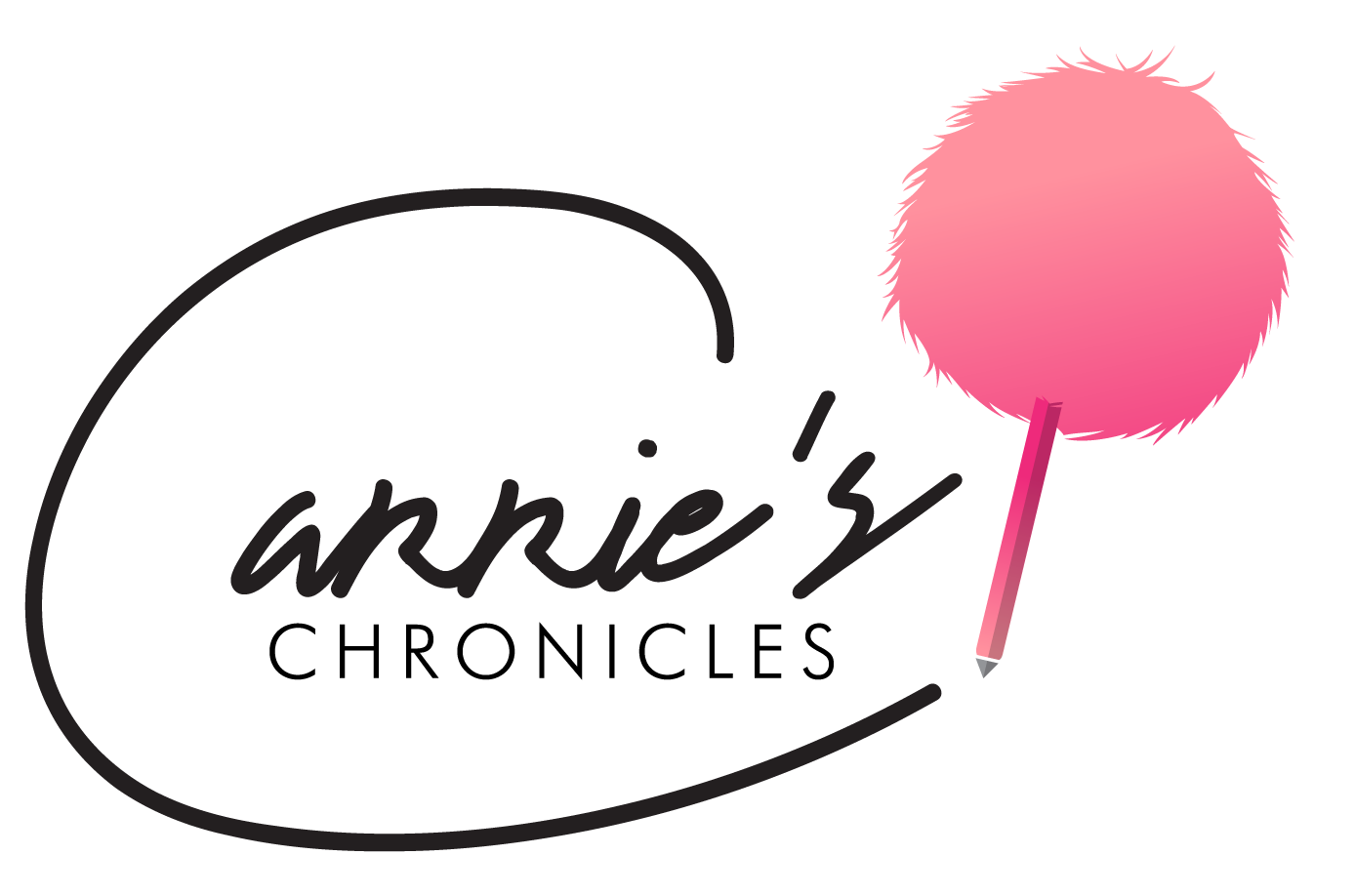Make Peace with Your Meals: Intuitive Eating in the Age of Corona
A quarantine wake-up alarm sounds as the clock strikes three in the afternoon—and breakfast seems to have vanished as quickly as your pre-COVID existence. Sound familiar? As the coronavirus outbreak continues, the world we once knew proceeds to transform dramatically, and eating habits may have suffered as a result. Schedules have been turned upside down, blurring the lines between designated meal times. Refrigerators are fully stocked in the absence of restaurant dining (hello, ‘quarantine 15’). Not to mention, snack breaks have often become a cure for boredom rather than genuine hunger. Wellness has been pushed aside by safety and social distancing priorities—but it’s time to embrace the mindful nutrition we so desperately need.
Practicing intuitive eating in the age of corona is key to maintaining a healthy lifestyle, providing a sense of structure and balance amid societal disarray. “Intuitive eating is using our innate abilities to regulate what and how much we eat instinctively,” explains Dina Garcia, RD, LDN, CMC, lead dietician at Vida Nutrition. “We’re born intuitive eaters but are conditioned to be unintuitive eaters through diet culture and how food is dealt with in our surroundings.” Over time, we begin to associate food with particular emotions, whether to soothe, reward or punish ourselves. “Consider a sucker to numb pain, ice cream for a job well done, finishing a plate to please others or restricting food out of shame,” says Garcia. “Intuitive eating, on the other hand, involves tuning into body cues like hunger, fullness and satisfaction to determine when, what and how much to eat. It's essentially taking us closer to emotional neutrality toward food so we can listen to what our body is saying.”
Amid the spread of COVID-19, it has become particularly important to practice mindfulness and make peace with your meal plans. “Eating with positive intention has taken a backseat to comfort food. I’ve heard people say that they could never embrace intuitive eating, especially right now, because all they really want are potato chips and cake,” reveals Shahada Karim, wellness expert and owner of Habibi Body Sport. Eating can also serve as a coping mechanism in the face of global chaos, utilized as a means to ease anxiety. “When stress becomes unmanageable, one of two things can happen: we undereat or overeat,” asserts Garcia. “Eating activates the parasympathetic nervous system, aka rest and digest mode, which signals to the body to [ease up]. Before the pandemic, many people dealt with anxiety by staying busy and socially connected, which has become difficult due to shutdowns and stay at home orders. Comfort eating has become a replacement.”
However, staying healthy is closely tied to what enters and exits your mouth, rendering it highly significant to become an enlightened, intuitive eater. By separating innate cravings from practical needs, a person can fundamentally learn how to adopt this mindset. “While intuitive eating is not a specific diet, it does require a shift from the common practice of unconscious consumption,” Karim notes. Indeed, acknowledging that intuitiveness does not signify a diet is a critical distinction to make. “Rather than jumping on the next diet bandwagon, look for small changes you can make that’ll energize you,” Garcia recommends. “Make time for social activities, even if they’re virtual. Find ways to manage your thoughts and anxiety. And [most importantly], begin practicing intuitive eating by taking food when you‘re hungry and stopping when you’re satisfied.” Establishing a healthy relationship to food won’t happen overnight: it takes time and dedication, especially if your habits have been strained over the past few months. “Taking care of our health is an ever-evolving process that requires energy and support to sustain long-term,” Karim confirms. “Thankfully, unlike a diet, intuitive consumption never ends. The quicker we embrace that reality, the more likely we are to stick with it.”


